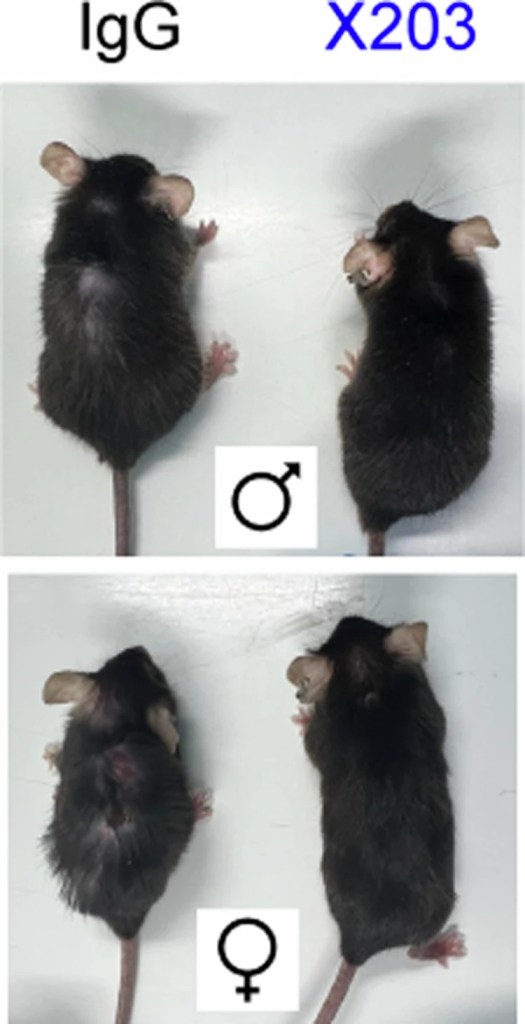Scientists may have found an answer to aging, according to a study published in the journal Nature. While testing a new drug on mice, scientists said they found it increased their lifespans by up to 25%.
The mice, called “supermodel grannies” because of their youthful appearance, became overall healthier and stronger than those that did not get the drug. The mice also developed fewer cancers.
Researchers said mice that were given the drug lived for an average of 155 weeks, compared to the 120-week lifespan of the other mice. They said the research points to the prospect the drug could extend healthy aging in humans. The drug could not only reduce the signs of aging but also the frailty often associated with it.
In addition to reducing cancer deaths in the mice, the drug also reduced many diseases caused by chronic inflammation and poor metabolism, which are common signs of aging. Scientists at the Imperial College London found switching off a protein called IL-11 was the key.
IL11 levels go up as people get older. Researchers tested the impact of IL-11 by creating mice that had the protein deleted from their genes and found that doing so extended their lives by an average of 20%.

They also tested an IL-11 antibody drug on mice that were 75 weeks old – which equates to 55 years old in humans. They found the lifespans of those mice went up by as much as 25%.
The drug is already being tested in certain people, but it’s still not known what effect it will have.
































